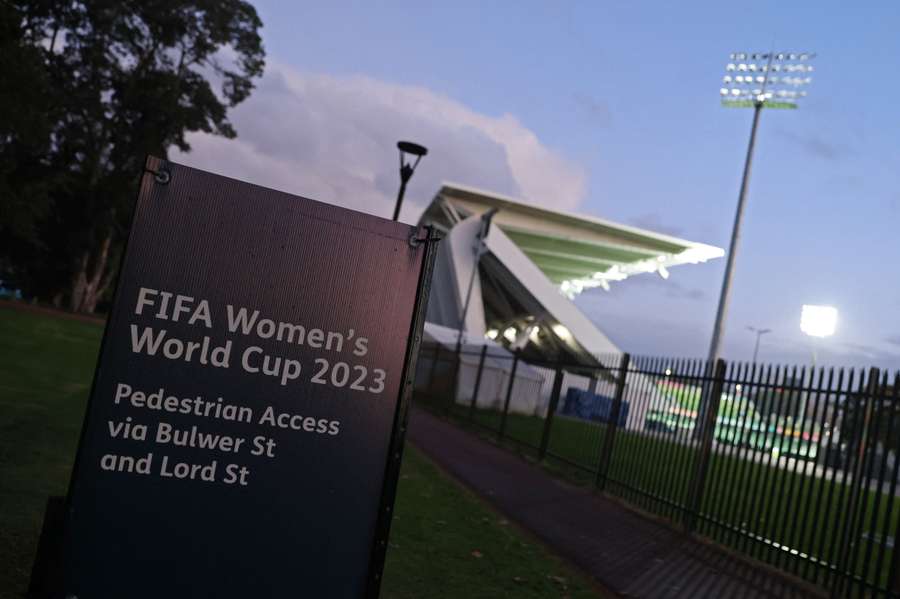All eyes on Australia and New Zealand as co-hosts kick off Women's World Cup

What began as a 12-team tournament in 1991, the Women's World Cup has steadily grown in stature and expanded to 32 teams - the same as the men's tournament.
It also marks the first time two countries are co-hosting the tournament as the quadrennial event arrives in the southern hemisphere for the first time.
New Zealand kick things off in Auckland against former champions Norway while Australia host Ireland, with both matches set to welcome more than 100,000 fans in total.
"It will set the tone for a Women's World Cup that I expect to become a watershed moment in global women's sports," FIFA Chief Women's Football Officer Sarai Bareman said.
The 2015 edition in Canada welcomed a record 1.3 million-plus fans at stadiums but the 2023 tournament is expected to beat that mark with nearly 1.4 million tickets sold so far.
The pressure is on New Zealand, however, not just as co-hosts but also because they have never won a match at the World Cup in five prior appearances.
They are long odds to beat Norway, who have a Ballon d'Or winner in their midst.
Ada Hegerberg (28) returned to the national team last year after a five-year exile and she is looking to put their disappointing group stage exit at the European Championships in the rear-view mirror.
"We must play every match as if it's our last," she said. "We need to really bleed for each other and bleed for our uniform, because nothing comes free."
Australia will be led by Sam Kerr (29), a Golden Boot favourite and an icon in the sport after the Chelsea forward became the first woman to grace the global cover of the highly-popular video game FIFA 23.
With 55 goals in her last 72 internationals, Australian fans will hope to catch a glimpse of her trademark cartwheel-backflip goal celebration. On the biggest stage, on home soil.
"It's about entertainment and having fun and showing what football is about. Maybe it might (happen), maybe it won't," Kerr said.
